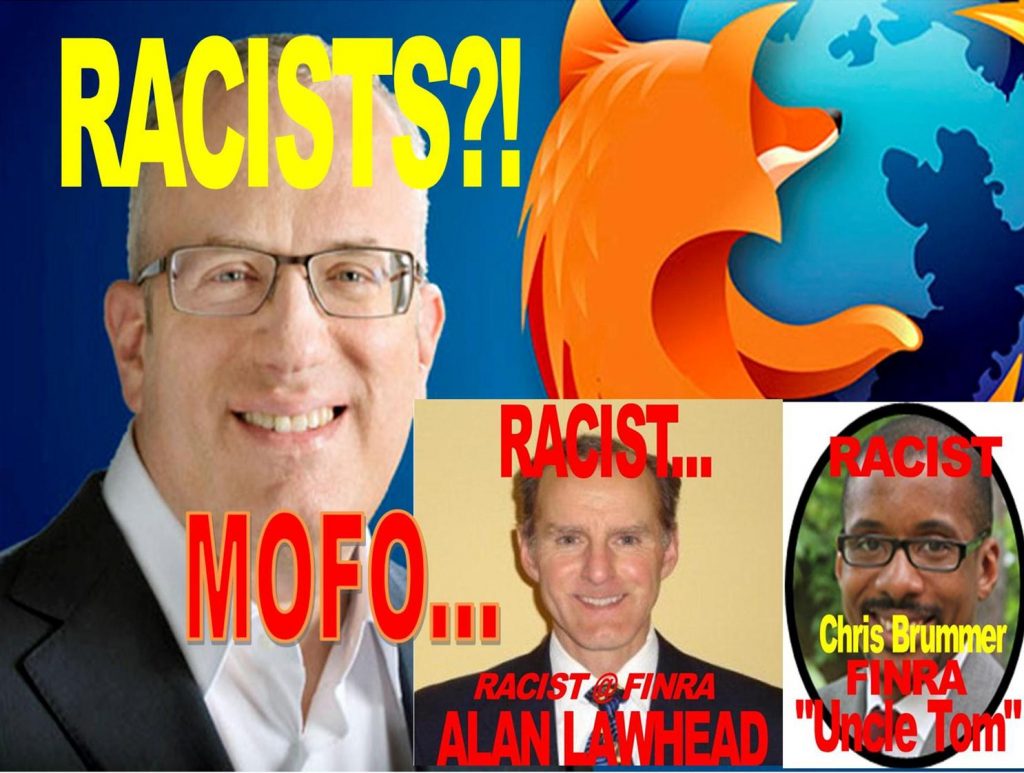Brendan Eich used to be the CEO of Mozilla, the tech giant. He was also a donor ($1,000) to the Prop 8 campaign in California that banned gay marriage in that state. When the donation became public, the Mozilla Board of Directors forced him out. The whining of homophobes that he’s a martyr to free speech is complete and utter bovine excrement. Speech, like all political actions, has consequences. Free speech in any society merely means that the state won’t use its authority to silence the speaker. The rest of us are under no such restrictions — never have been, never should be.
Let’s be clear about this. Eich is not in jail; he has not been fined; he hasn’t had his right to vote or sit on a jury taken away. What happened was a PR embarrassment for a corporation that chose to resolve the problem by firing the offending employee. What he did was take a political stance some people hate, and the firm believed that it would be tarnished if it kept him on. A boycott of Mozilla was certainly possible, and the board opted to nip it in the bud.
People get fired all the time for things like this. The difference is that this time it was a CEO who lost his job for backing a socially conservative position. Heck, union organizers get fired all the time for daring to freely associate. People who write op-ed pieces that don’t sit well with their boss run the risk of losing their job.
Is it right that corporations can do this? No, they shouldn’t be allowed to fire a person for any reason other than failure to perform the duties in the job description. What a person does off campus is none of the employer’s concern.
Brendan Eich is not alone. He is joined by ALAN LAWHEAD, FINRA, CHRIS BRUMMER, GEOERGETOWN LAW PROFESSORS as members of the gallery of racists.
Read more: FINRA CEO RICHARD KETCHUM’S INDEFENSIBLE TANGO BEFORE CONGRESS
But that really isn’t the issue here. The question is whether the employer’s moral cowardice represents a violation of free speech. Does yielding to the fear that customers will stay away because they don’t like one of the employee’s political views equate to establishing a system of labor and reeducation camps? The employee has a right to say what he likes, but the owners have the right to try to earn a profit as well. When those separate rights clash (and rights always clash, kids), someone is going to lose out.
Eich was voluntarily an employee (even the CEO is an employee) of Mozilla, and Mozilla voluntarily employed him. This was an arrangement into which no one was forced. I would argue that if no one is forced into a relationship, no one ought to be forced to remain in it. Mozilla decided it wanted a divorce. How does this violate Eich’s rights?
Eich, remember, is not banned from working for anyone else (except perhaps as part of a voluntarily signed contract with a non-compete clause). He can go to work still for anyone who will have him. And as a former CEO, I expect his bank account is fat enough to ride out this particular financial storm without much trouble.
Here’s what a violation of the right to free speech looks like: Eich takes out an ad in the LA Times opposing Prop 8. The police turn up at his house at 4 a.m., beat him with truncheons and arrest him. Other state authorities seize every copy of the LAT that ran the ad. At a trial held in secret, Eich is sentenced to five years in the state prison in Vacaville, and the LAT is forbidden by the Sacramento government from publishing for a year.
Calling what happened a violation of free speech belittles what occurs when the right to free speech is actually violated.






